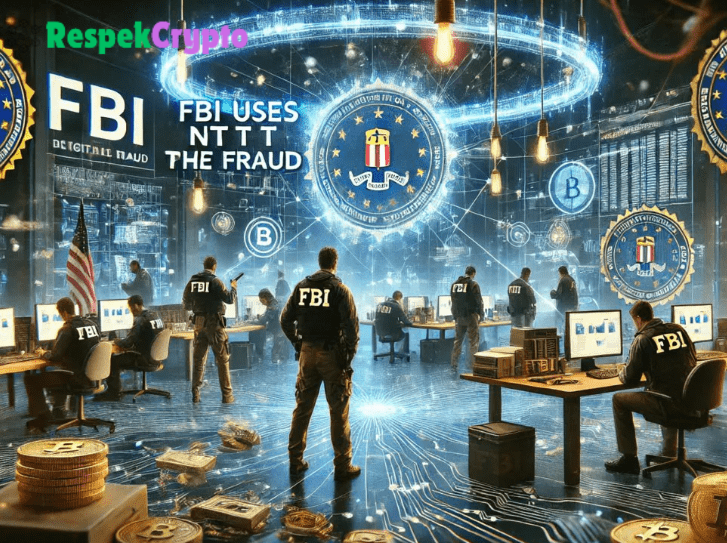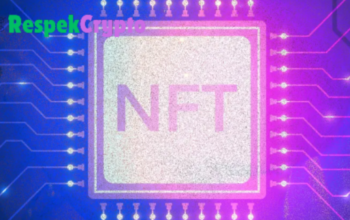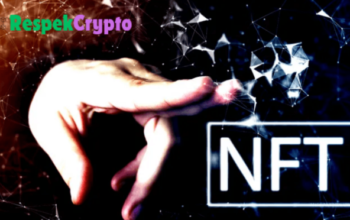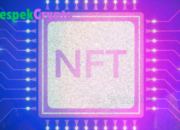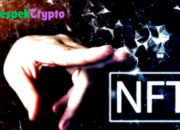In a groundbreaking move, the Federal Bureau of Investigation (FBI) has announced plans to utilize Non-Fungible Tokens (NFTs) to reach out to victims of the Clucoin crypto fraud scheme. This innovative approach not only marks a significant shift in how law enforcement communicates with the public but also highlights the increasing intersection of technology and crime.
Understanding the Clucoin Fraud Scheme
The Clucoin scam has been a major concern in the cryptocurrency community, luring investors with promises of high returns and exclusive access to a new digital asset. Unfortunately, many individuals fell victim to this fraudulent scheme, leading to significant financial losses. The perpetrators used elaborate tactics to deceive unsuspecting investors, exploiting the often unregulated nature of the crypto market.
The Role of NFTs in Modern Communication
NFTs, or Non-Fungible Tokens, are unique digital assets verified using blockchain technology. Each NFT has distinct information or attributes that set it apart from any other token. This characteristic makes NFTs ideal for various applications, including art, music, and now, law enforcement communication.
Using NFTs for Communication
The FBI’s decision to use NFTs in their outreach efforts is a novel approach to identifying and connecting with victims. By issuing NFTs that serve as proof of a victim’s involvement in the Clucoin scheme, the FBI aims to provide a direct line of communication. These tokens can include critical information and instructions on how to report losses, participate in ongoing investigations, and seek restitution.
Benefits of Using NFTs for Victim Outreach
- Direct and Secure Communication: NFTs provide a secure method for the FBI to communicate with victims without the need for traditional methods that can often be unreliable.
- Enhanced Trust: By leveraging blockchain technology, the FBI can enhance trust among victims. The transparency of blockchain records allows victims to verify the authenticity of the communications they receive.
- Wider Reach: NFTs can easily be shared and accessed within the cryptocurrency community, allowing the FBI to potentially reach more victims who may not be aware of the ongoing investigations.
- Educational Opportunities: Accompanying the NFTs, the FBI can provide educational resources on how to identify and avoid crypto fraud in the future.
The Road Ahead
The FBI’s initiative marks an essential step in the ongoing battle against cryptocurrency fraud. As scams continue to evolve, so must the strategies employed by law enforcement. This innovative use of NFTs not only helps in connecting with victims but also represents a forward-thinking approach to combating crime in the digital age.
In conclusion, as the landscape of financial crime continues to change, the FBI’s use of NFTs to contact victims of the Clucoin fraud scheme signifies a new chapter in law enforcement’s ability to adapt and protect the public in the realm of cryptocurrency. This pioneering strategy could pave the way for future initiatives that harness the power of technology to create a safer digital environment.
